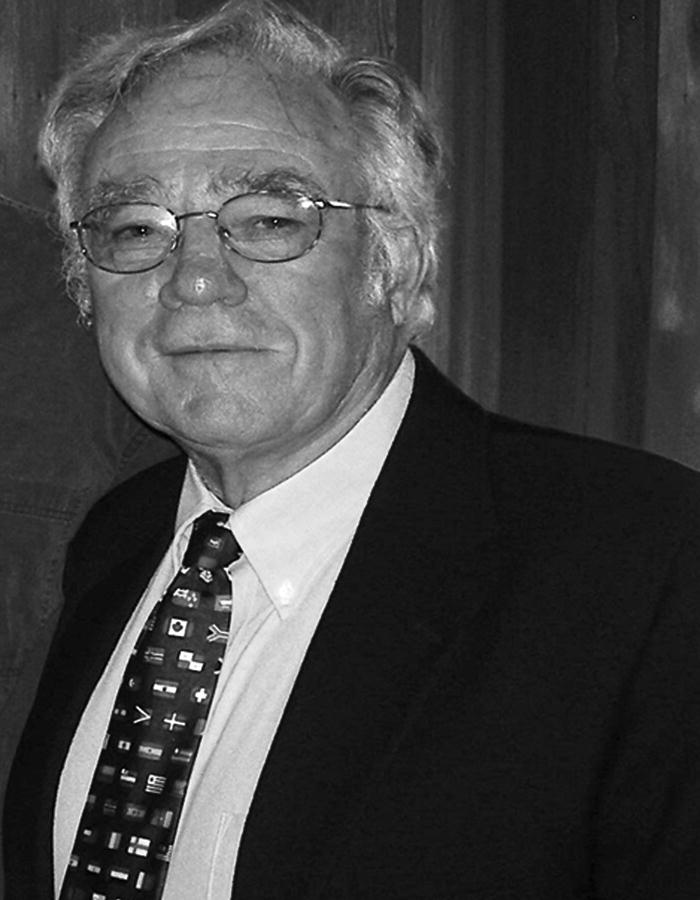
4 November 1929–15 November 2021
Dr. William Cornet Dewey passed away peacefully on 15 November 2021 at age 92 in Sausalito, California. He is survived by his wife, Gail as well as his five children Mark, Lisa, Sara, Jana and Michael along with six grandchildren and four great grandchildren. He was laid to rest on 4 December 2021 in the Upper Meadow of the Fernwood Cemetery located in Mill Valley, California.
Bill Dewey’s story begins in Omaha, Nebraska, on 4 November 1929. His father, a physician in the Indian Service, dedicated many years of his life to providing medical care to Native Americans living on reservations in the northwest. This provided him the opportunity to live on those reservations as his father moved from one to another. This unique experience shaped his outlook with a progressive and liberal philosophy for the rest of his life. After high school Bill attended the University of Washington, graduating Magna Cum Laude and Phi Beta Kappa in Physics in 1951. While at the University of Washington, he participated in the Naval ROTC, and subsequently joined the Navy during the Korean War. He served on the aircraft carrier USS Philippine Sea where he was designated as the atomic, biological and chemical warfare defense officer. He was introduced to biological effects of ionizing radiation when he attended a school at Hunters Point and Treasure Island. This subject piqued his interest in radiation biology, a scientific field that would dominate his professional career.
After a three-year stint in the navy, Bill entered graduate school at the University of Rochester, New York, in 1954 working under the supervision of Dr. William Bale. His graduate studies concentrated on the development of radiotracers for application in nuclear medicine. In 1958, he was awarded the PhD degree for work on the development of radiolabeled antibodies to human fibrinogen for the localization and therapy of intracranial neoplasms: an early form of radioimmunotherapy. Upon graduation he joined the faculty of the University of Texas M.D. Anderson Cancer Center (MDAH) in Houston, Texas, as Assistant Professor of Biophysics, and later as Associate Professor, in the Department of Physics. While in Houston Bill developed a close collaboration with Drs. Ronald Humphrey and Arthur Cole, also faculty members in the Department of Physics. By 1965 when Bill departed MDAH for Colorado State University, the collaboration with Drs. Humphrey and Cole would generate a whopping 22 peer reviewed publications on various aspects of cell cycle dependence of radiosensitivity and radiation induced cytogenetic changes. These subjects would define the central pillars of Bills research activities for the remainder of his career.
The second chapter in Bill’s professional career, Colorado, was perhaps his most productive resulting in 110 of the total of 223 publications listed in his Curriculum Vitae. As Professor of Radiobiology at Colorado State, the program Bill developed grew to be one of worldwide preeminence. It is during this period that he developed an interest in the application of elevated temperature, hyperthermia, in cancer therapy. A publication in 1971 with Postdoctoral Fellow Arthur Westra, represents the seminal application of quantitative radiobiology to the hyperthermic treatment of cancer and defined concepts such as thermal tolerance. Another key paper with graduate student Stephen Sapareto in 1984 remains, to this day, the standard in hyperthermia dosimetry in both the laboratory and the clinic.
Bill’s final professional chapter began in 1981 with a move to San Francisco where he assumed the position as Professor and Director of the Division of Radiobiology in the Department of Radiation Oncology at UCSF. Here, he continued his lifelong quest for an understanding of the mechanisms underpinning radiation biology. In 2004, he retired from his position at UCSF but continued to teach as Professor Emeritus for several years.
Among other Radiation Research Society (RRS) activities over 50 years, Bill served as the Secretary-Treasurer from 1975 to 1978 and as the Society’s President in 1979. In addition, he also served as a founding member and President of the Society for Thermal Medicine (STM) in 1988. Among his awards and honors were the Failla Award from the RRS, the Robinson Award from the STM, and the Gold Medal from the American Society for Radiation Oncology (ASTRO). In 1975, Bill served as one of the organizers for the first International Symposium on Cancer Therapy by Hyperthermia and Radiation held in Washington, DC. In 1980, he hosted the second meeting of that group in Fort Collins, Colorado. Subsequently, this international meeting has been held regularly every four years rotating between Europe, Asia, and the Americas.
Of all Bill’s accomplishments the most gratifying to him, and perhaps his most important legacy, was the mentorship of graduate students and postdoctoral fellows. During his career, he acted as supervising professor for six students to the MS degree, 20 to the PhD degree as well as formally mentoring 24 postdoctoral fellows. This spectacular productivity has left an indelible mark on the fields of radiation biology and hyperthermia as cancer therapies.
He will be dearly missed.
